Have you ever wondered how you can effectively hunt for food while also being mindful of the planet?
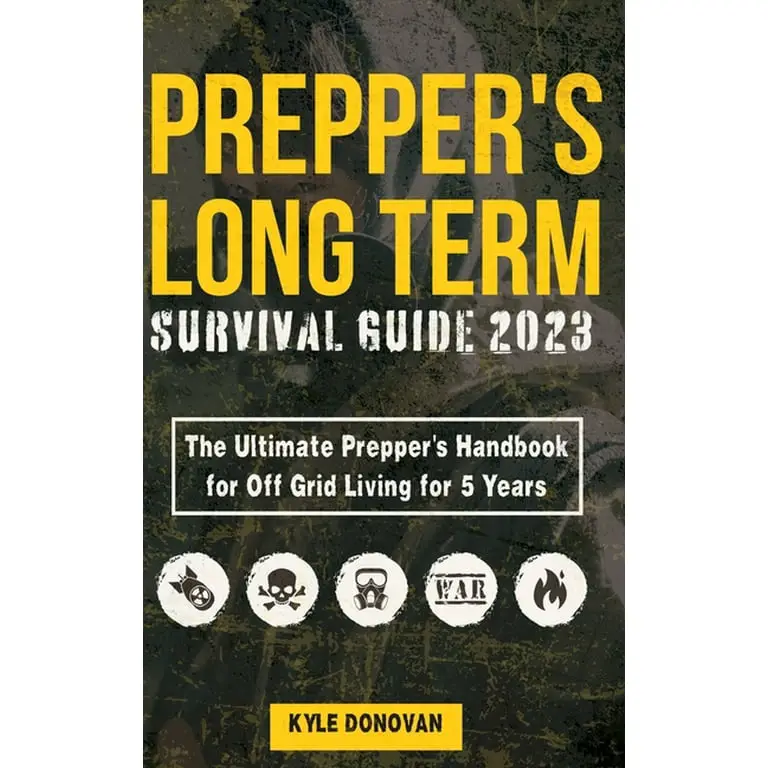
Hunting for Survival: An Overview
Hunting for food is an age-old practice that has sustained human beings for centuries. In a survival scenario, knowing how to hunt for food can be a crucial skill to have. However, it’s important to do so in a way that is safe and sustainable for the environment. In this article, we will explore the ins and outs of safe and sustainable hunting practices for preppers like you.
Understanding the Importance of Sustainable Hunting
Sustainable hunting is all about taking only what you need and ensuring that the ecosystem remains balanced. By practicing sustainable hunting, you can help maintain healthy populations of wildlife and preserve the natural environment for future generations. It’s a way to ensure that you can continue to rely on hunting as a food source in the long term.
Choosing the Right Hunting Weapons
When it comes to hunting, the type of weapon you use can have a significant impact on the success and safety of your hunt. Whether you prefer a rifle, bow, or crossbow, it’s important to choose a weapon that you are comfortable with and proficient in using. Consider factors such as accuracy, range, and ease of use when selecting your hunting weapon.
Staying Safe While Hunting
Safety should always be a top priority when hunting. Make sure to familiarize yourself with local hunting regulations and obtain any necessary permits or licenses before heading out. Additionally, always let someone know where you will be hunting and when you expect to return. Remember to wear appropriate hunting gear, such as bright orange clothing, to make yourself visible to other hunters.
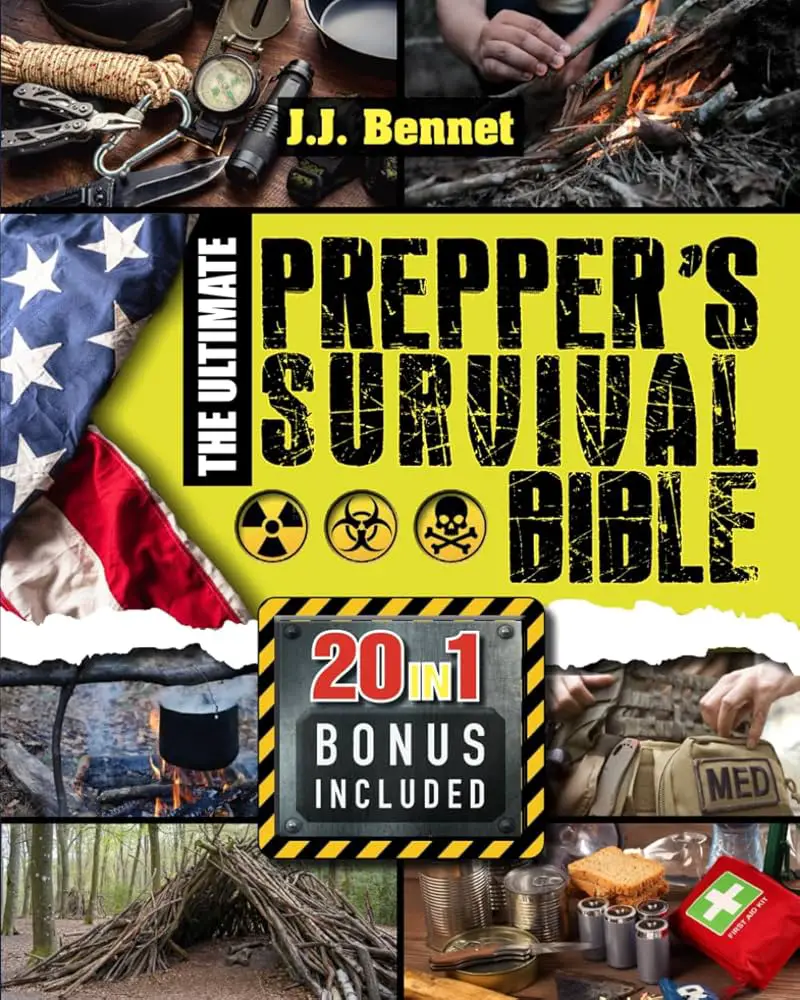
Planning Your Hunt
Before heading out on a hunting trip, take the time to plan your hunt carefully. Research the area where you will be hunting, including the types of game that are present and any specific hunting regulations that apply. Consider factors such as weather conditions, terrain, and the time of day when planning your hunt. By being prepared, you can increase your chances of a successful and safe hunt.
Tracking and Ethical Shot Placement
Tracking is an essential skill for any hunter. Before taking a shot, make sure to observe the animal’s behavior and body language to ensure a clean and ethical kill. Aim for vital organs such as the heart or lungs to minimize suffering and ensure a quick, humane death. Remember that tracking the animal after the shot is crucial to retrieving your kill.
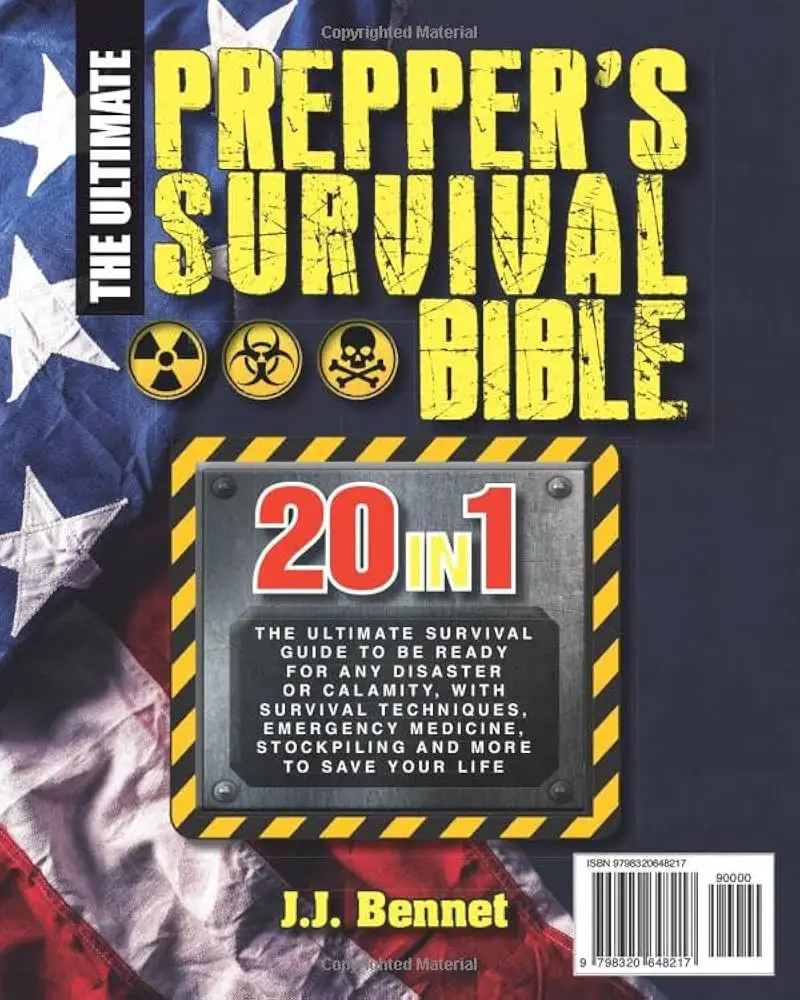
Field Dressing and Processing Game
After a successful hunt, it’s important to properly field dress and process your game. This involves removing the internal organs and cooling the meat to prevent spoilage. Make sure to clean your game thoroughly to remove any dirt or debris. If you are unable to process the meat yourself, consider taking it to a local butcher or meat processor for professional handling.
Utilizing the Entire Animal
As a responsible hunter, it’s important to utilize as much of the animal as possible. In addition to the meat, consider using other parts of the animal such as bones, hides, and organs. These can be used for making soup stock, tanning hides, or crafting tools and clothing. By making use of the entire animal, you can minimize waste and show respect for the animal that gave its life for your sustenance.
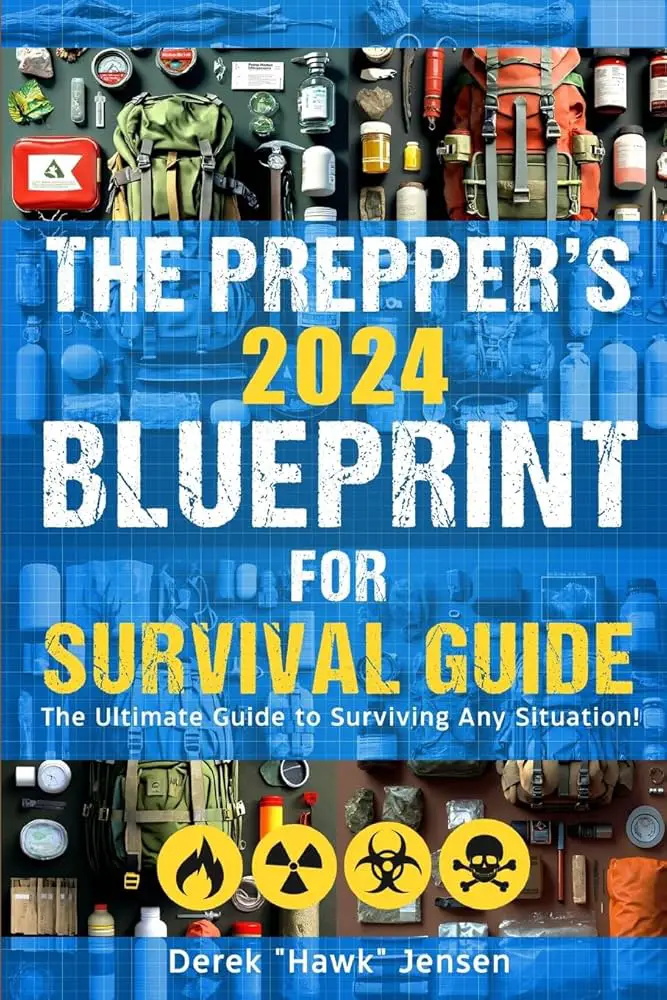
Preserving Game Meat
Properly preserving game meat is essential to prevent spoilage and ensure that it remains safe to eat. Consider options such as freezing, canning, smoking, or drying your meat to extend its shelf life. Make sure to label and date your preserved meat for easy identification. When thawing frozen meat, do so slowly in the refrigerator to maintain quality.
Understanding Wildlife Management
Wildlife management is a key component of sustainable hunting practices. By supporting wildlife conservation efforts and following hunting regulations, you can help ensure the long-term health and stability of wildlife populations. Make an effort to learn about the species you hunt, their habitat, and their role in the ecosystem. By becoming a knowledgeable and responsible hunter, you can contribute to the preservation of wildlife for future generations.
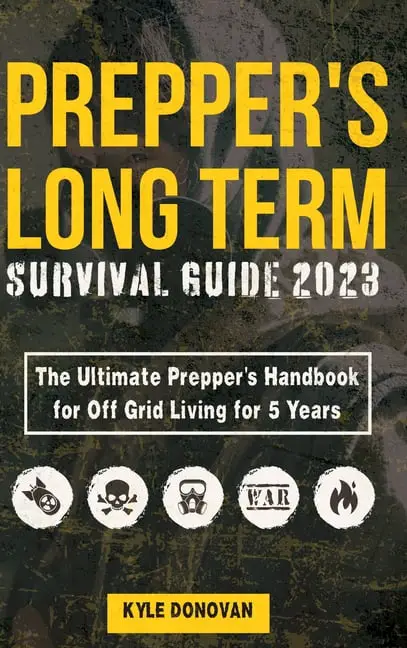
Building a Sustainable Hunting Community
One of the best ways to promote sustainable hunting practices is by building a strong and supportive hunting community. Connect with other hunters who share your values and beliefs about ethical hunting practices. Share knowledge and resources with fellow hunters, and work together to advocate for responsible hunting practices in your local area. By working together, you can make a positive impact on the environment and ensure a brighter future for hunting.
Conclusion
As a prepper, learning how to hunt for food in a safe and sustainable manner is a valuable skill to have. By following the tips and guidelines outlined in this article, you can become a more conscientious and responsible hunter. Remember to prioritize safety, respect for the environment, and ethical hunting practices in all your hunting endeavors. By doing so, you can enjoy the rewards of hunting while also protecting the planet for future generations. Happy hunting!
